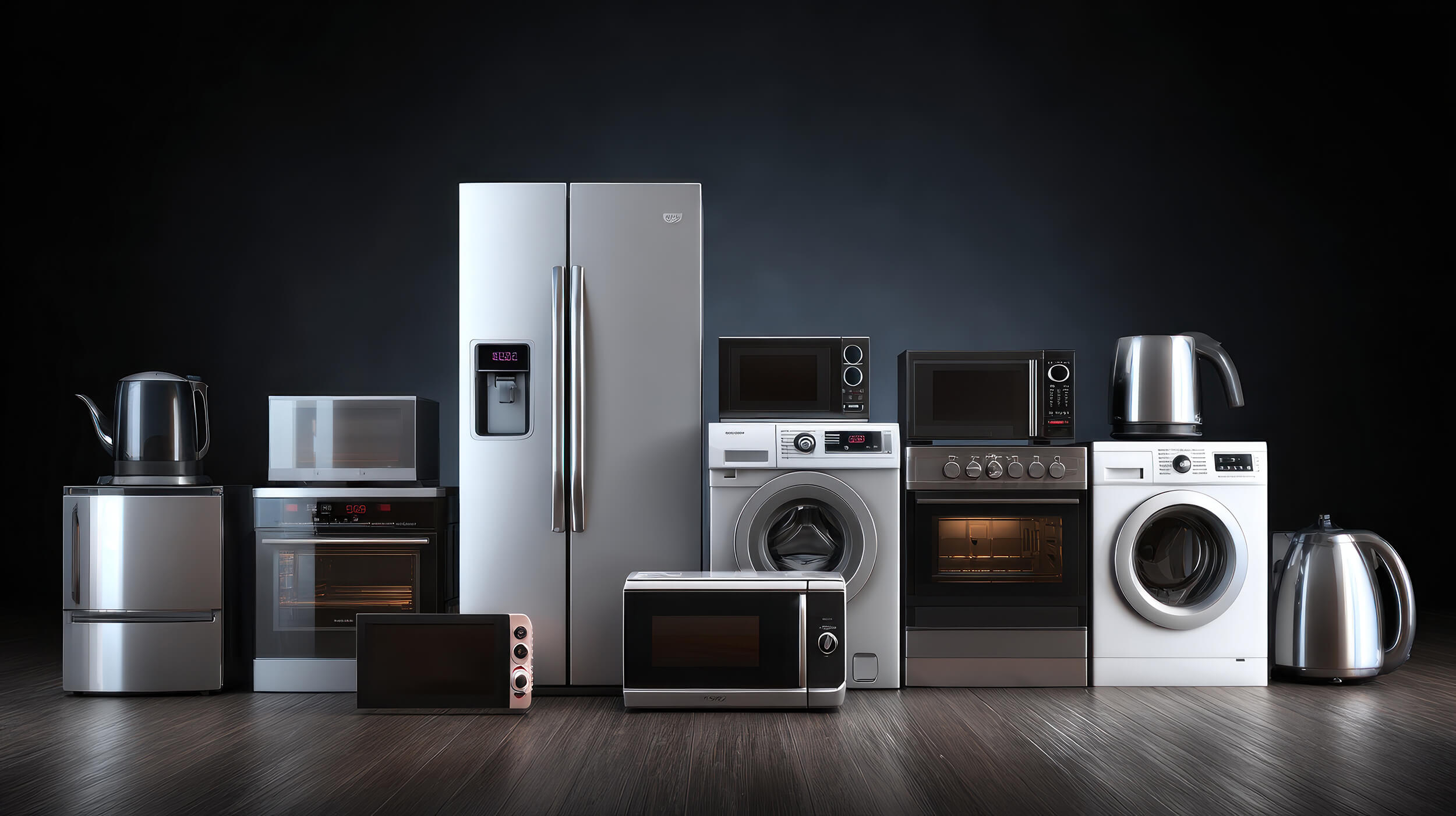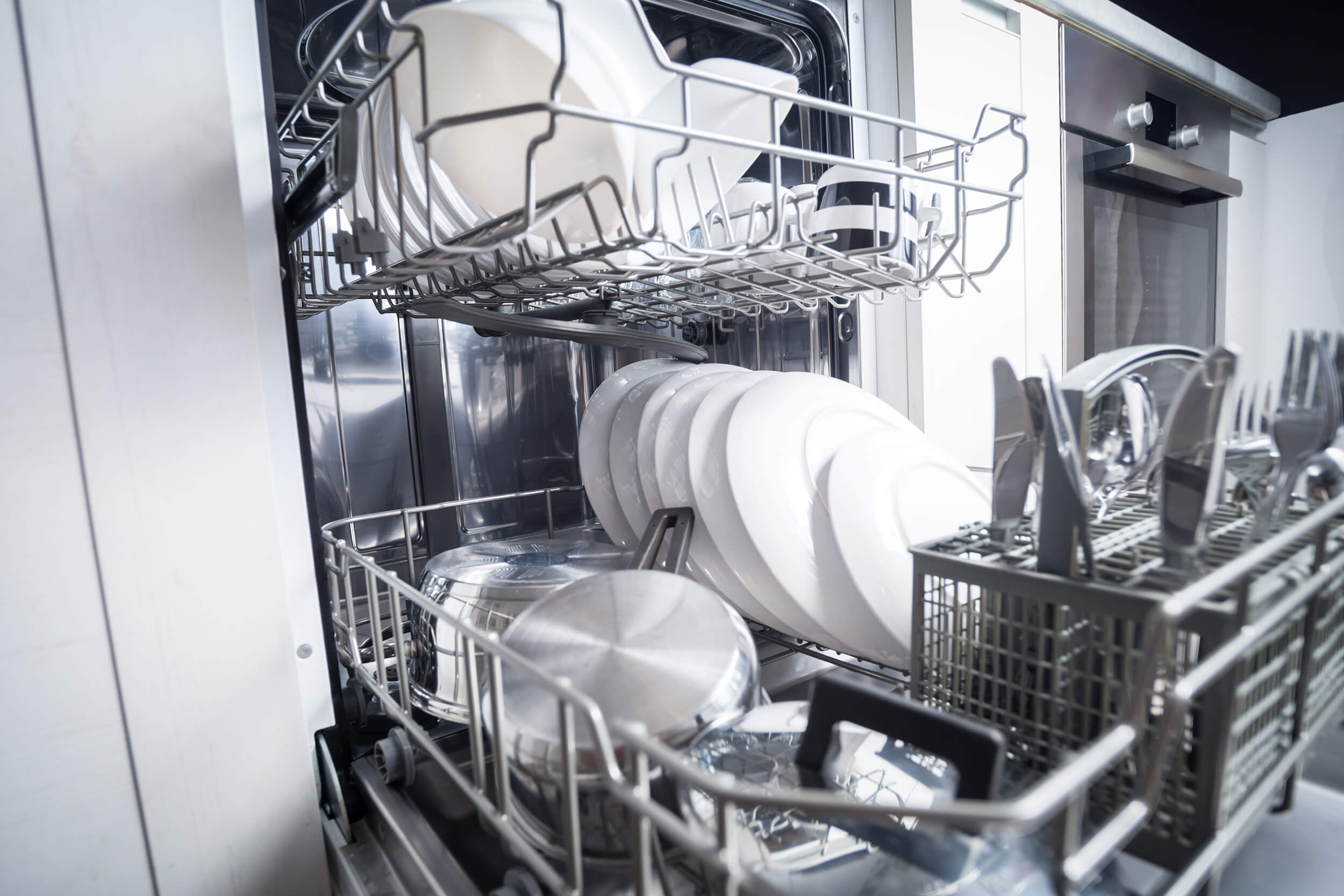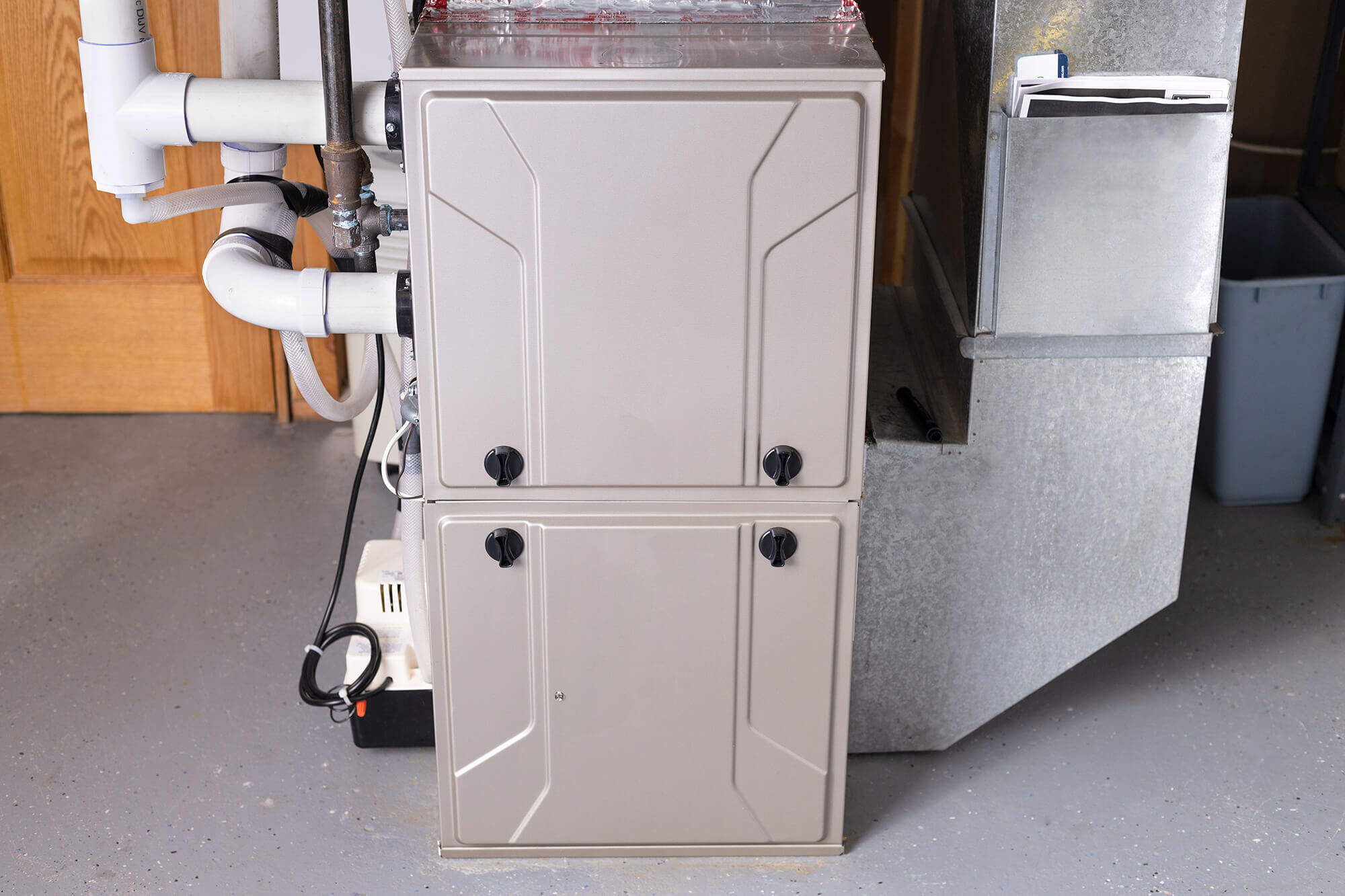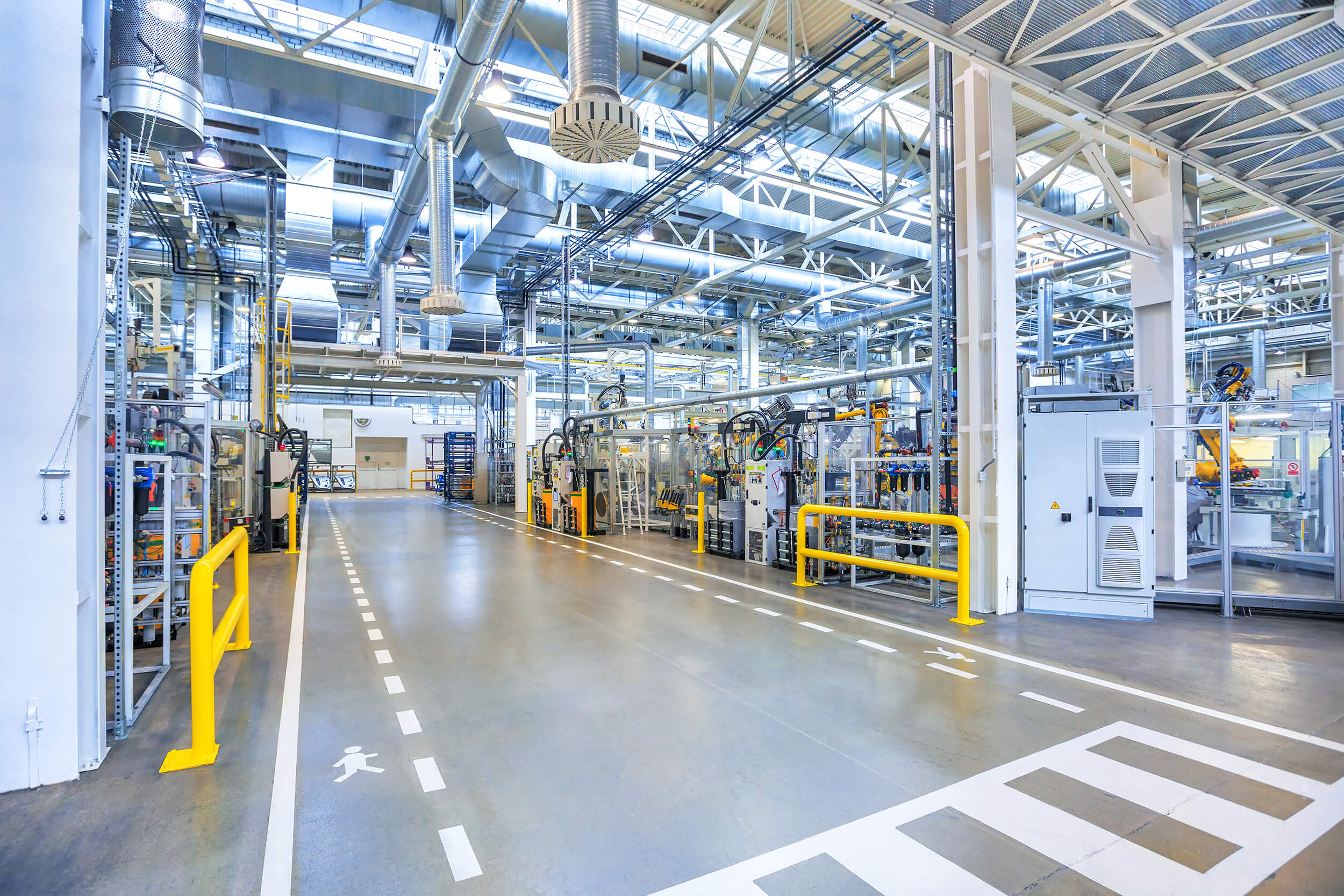FOR IMMEDIATE RELEASE
July 17, 2007
CONTACT:
Ed Legge (EEI): (202) 508-5074
Steven Nadel (ACEEE): (202) 429-8873 x 709
Boosting Proposal Being Considered by the U.S. Department of Energy
Washington, D.C. (July 17, 2007): A consortium of electric utilities and environmental and energy efficiency organizations is hailing the announcement last week by transformer manufacturer ABB to endorse new efficiency standards proposed by the consortium for the nation's approximately 41 million electric distribution transformers.
The endorsement by ABB, the Norwalk, Connecticut-based power and automation technology company, gives a significant boost to the effort to increase the efficiency standards of transformers, because the company and others like it manufacture these crucial pieces of equipment that serve the electrical grid.
Distribution transformers are the metal boxes and cylinders found on utility poles across the nation that serve the important function of reducing voltage of electricity so that it can be used by customers in their homes and businesses. The U.S. Department of Energy (DOE) is presently evaluating the efficiency standards for transformers because even a slight improvement would save significant amounts of electricity before it ever reaches customers, thereby reducing emissions from electric generating plants.
The new efficiency standards were proposed this past February to the DOE by the Edison Electric Institute and the American Public Power Association, representing the nation's investor-owned and public electric utilities, and the Natural Resources Defense Council, the American Council for an Energy-Efficient Economy, the Alliance to Save Energy, Northeast Energy Efficiency Partnerships, and the Appliance Standards Awareness Project.
The National Association of Regulatory Utility Commissioners (NARUC) also has endorsed the proposed standards. The DOE is expected to issue its final decision regarding the new standards by September.
Once in place following a gradual phase-in, the new transformers are expected to save 26 billion kilowatt-hours annually, or roughly equivalent to the electricity used by 2.3 million U.S. households in 2005. That will in turn reduce annual emissions from electric power plants by 15 million metric tons, about equal to the average annual emissions of 2.7 million automobiles.
The proposal for higher efficiency standards for distribution transformers marks the first-ever agreement on appliance standards from America's investor-owned and public-power electric utilities and major energy efficiency and environmental groups.
###
Edison Electric Institute (EEI) is the association of United States shareholder-owned electric companies, international affiliates, and industry associates worldwide. Our U.S. members serve 97 percent of the ultimate customers in the shareholder owned segment of the industry, and 71 percent of all electric utility ultimate customers in the nation. They generate almost 60 percent of the electricity produced by U.S. electric generators.
The American Public Power Association (APPA) serves the nation's more than 2,000 not-for-profit, community- and state-owned electric systems. Public power systems serve 44 million people in 49 states, or about 15 percent of all electricity customers. They own about 10 percent of the nation's generating capacity.
The Natural Resources Defense Council (NRDC) is a national, nonprofit organization of scientists, lawyers, and environmental specialists dedicated to protecting public health and the environment. Founded in 1970, NRDC has 1.2 million members and online activists nationwide, served from offices in New York, Washington, Chicago, Los Angeles, San Francisco, and Beijing.
The Appliance Standards Awareness Project (ASAP) is dedicated to increasing awareness of and support for energy-saving appliance and equipment efficiency standards. Founded in 1999, ASAP is led by a steering committee that includes representatives from the environmental community, consumer groups, utilities, and state government.
The Alliance to Save Energy (ASE) is a coalition of prominent business, government, consumer, and environmental leaders who promote the efficient and clean use of energy worldwide to benefit the economy, environment, and national security.
Northeast Energy Efficiency Partnerships, Inc. (NEEP) is a regional nonprofit organization founded in 1996 whose mission is to promote energy efficiency in homes, buildings, and industry in the Northeast U.S. through regionally coordinated programs and policies that increase the use of energy-efficient products, services, and practices, and that help achieve a cleaner environment and a more reliable and affordable energy system.
The American Council for an Energy-Efficient Economy (ACEEE) is an independent, nonprofit organization dedicated to advancing energy efficiency as a means of promoting both economic prosperity and environmental protection. For information about ACEEE and its programs, publications, and conferences, contact ACEEE, 1001 Connecticut Avenue, N.W., Suite 801, Washington, D.C. 20036-5525.




